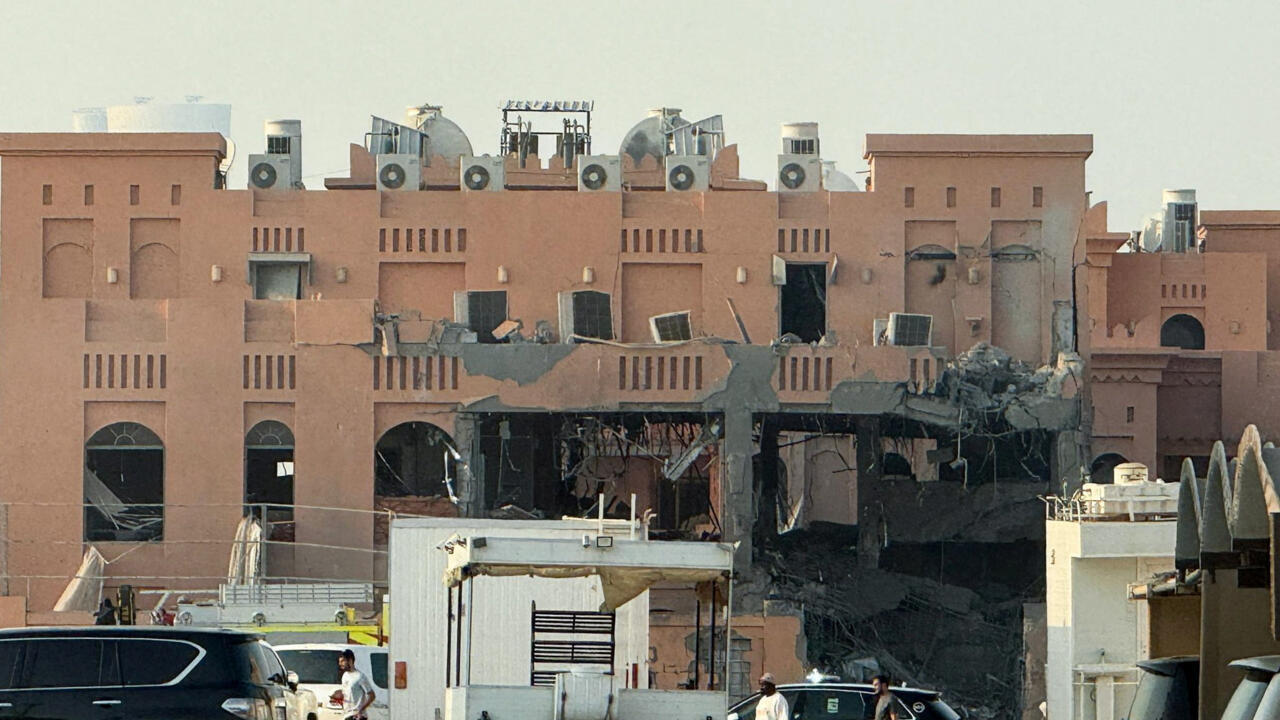
An Israeli strike on Hamas leaders in Doha has stirred debate and anxiety in Turkey over whether Tel Aviv could attempt a similar operation on Turkish soil, where Hamas figures have long visited or resided with Ankara’s political backing.
Turkey has recently announced multiple roll-ups of Israel-linked espionage cells targeting Palestinians inside the country. Until now, however, an overt, cross-border military action had been widely viewed as unlikely. Commentary in Turkish and Israeli media this week revived speculation that Israel might widen its overseas campaign against Hamas leadership to include Turkey.
The private outlet Turk Inform said Israel’s pattern of overseas targeting raises the possibility of a strike in Turkey, noting the movement’s persistent — if discreet — activity there and periodic high-level visits. Israeli analyst Meir Masri wrote on X, “Today Qatar, tomorrow Turkey. Israel is fighting terrorism,” posting the remark alongside past photos of President Recep Tayyip Erdogan with Hamas political chief Ismail Haniyeh, who was assassinated in Iran last year.
Turkey’s presidency has not addressed the speculation directly. After the Doha attack, Presidential Communications Director Burhanettin Duran condemned the strike as violating international law and Qatar’s sovereignty, saying it undermines regional peace efforts.
The last major public appearance by senior Hamas figures in Turkey came early last month, when the Foreign Ministry said Minister Hakan Fidan met in Istanbul with a delegation led by the movement’s Shura Council head, Mohammed Darwish. A ministry photo also showed Khalil al-Hayya, whom Israel claimed was a principal target in the Doha strike; Hamas said he survived while his son and four other mid-level officials were killed. In late January, Erdogan hosted a Hamas delegation at the presidential complex in Ankara; photos showed veteran leader Khaled Meshaal among attendees, though state media withheld a full list of names.
Turkish security operations in recent years have highlighted intensive Israeli intelligence activity aimed at Palestinians in Turkey. Early last year authorities detained 33 suspects on allegations of “international espionage” for Mossad, then pursued additional linked suspects across several provinces. Separate proceedings involving 57 defendants accused of spying for Israeli intelligence began in Istanbul weeks earlier. Turkish media have also credited the MIT intelligence service with helping thwart a 2022 attempt to kidnap Palestinian software engineer Omar al-Balbisi from Kuala Lumpur; Turkish outlets have described him as tied to efforts to compromise Israel’s Iron Dome.
In June, Turkish newspapers reported that Israeli combat aircraft briefly entered Turkish airspace during a wider Israeli operation against targets in Iran, before Turkish F-16s issued warnings and the planes exited. Ankara placed units on alert, according to those accounts.
Ankara’s leadership responded to the Doha strike with sharp condemnations. Erdogan said Israel’s “aggression, which seeks to drag the entire region toward catastrophe,” would meet a firm Turkish stance, pledging to defend peace, international law, and Palestinian freedoms. Israel has targeted Hamas operatives in Gaza and neighboring states for years; the killing of Haniyeh in Iran and the Doha strike marked a new precedent in the use of fighter aircraft and missiles beyond immediate conflict zones.
